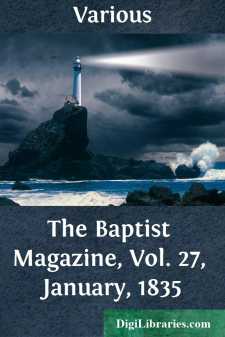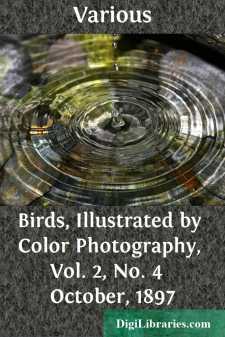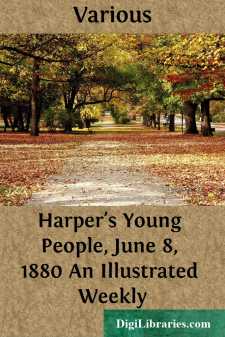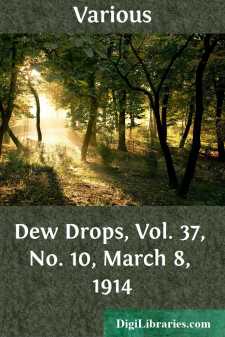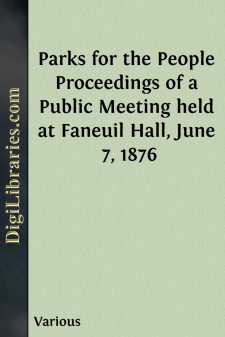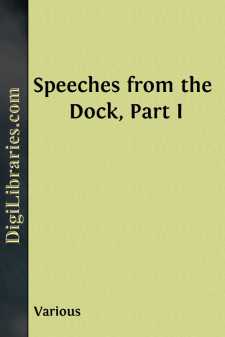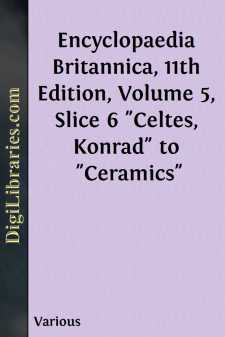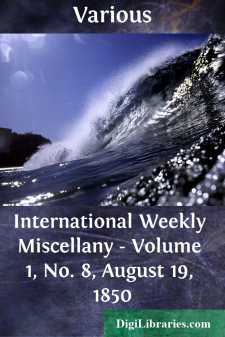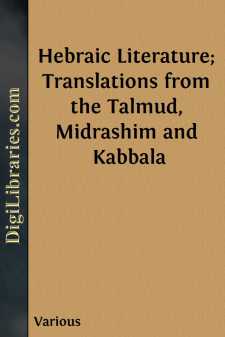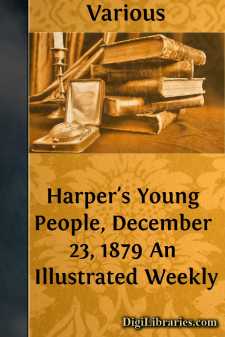Categories
- Antiques & Collectibles 13
- Architecture 36
- Art 48
- Bibles 22
- Biography & Autobiography 813
- Body, Mind & Spirit 142
- Business & Economics 28
- Children's Books 17
- Children's Fiction 14
- Computers 4
- Cooking 94
- Crafts & Hobbies 4
- Drama 346
- Education 46
- Family & Relationships 57
- Fiction 11829
- Games 19
- Gardening 17
- Health & Fitness 34
- History 1377
- House & Home 1
- Humor 147
- Juvenile Fiction 1873
- Juvenile Nonfiction 202
- Language Arts & Disciplines 88
- Law 16
- Literary Collections 686
- Literary Criticism 179
- Mathematics 13
- Medical 41
- Music 40
- Nature 179
- Non-Classifiable 1768
- Performing Arts 7
- Periodicals 1453
- Philosophy 64
- Photography 2
- Poetry 896
- Political Science 203
- Psychology 42
- Reference 154
- Religion 513
- Science 126
- Self-Help 84
- Social Science 81
- Sports & Recreation 34
- Study Aids 3
- Technology & Engineering 59
- Transportation 23
- Travel 463
- True Crime 29
Sort by:
by:
Various
Recollections of departed excellence are always pleasant, often deeply interesting, and sometimes productive of the happiest effects. The delight we feel in tracing the successive stages of that pilgrimage by which the saints of the Most High have “passed into the skies,” is neither a faint nor fruitless emotion, but a healthful exercise of the moral sympathies. It purifies, while it elicits; the...
more...
by:
Various
BIRDS IN CAPTIVITY. It was our intention in this article to give a number of instances of a pathetic nature concerning the sufferings of the various species of birds which it has been, and still is, a habit with many people to keep confined in cages totally inadequate for any other purpose than that of cruelty. The argument that man has no moral right to deprive an innocent creature of liberty will...
more...
by:
Various
Chapter II. When Uncle John announced that the Department was satisfied with the ability of the captain and crew to manage the Whitewing, the day for sailing was fixed, and the boys laid in their stores. Each one had a fishing-line and hooks, and Harry and Tom each took a fishing-pole—two poles being as many as were needed, since most of the fishing would probably be done with drop-lines. Uncle John...
more...
by:
Various
On the Primary Room wall was a beautiful picture of a shining river. Francie loved to count the fish that were swimming in it. Just fourteen there were, and every one stood for a new scholar someone had brought into the Primary Class. How Francie wished he could bring one and have Miss Florence pin a fish in the river and a red tag on his blouse to show that he had caught it. “How you s'pose I...
more...
by:
Various
Pursuant to a call published in all the daily papers, and signed by a large number of prominent citizens and tax-payers of Boston, a public meeting was convened in Faneuil Hall on the evening of Wednesday, the 7th of June, 1876, to take action on the recommendations contained in the Report of the Park Commissioners. The hall was crowded by an intelligent and enthusiastic audience; and the proceedings...
more...
by:
Various
INTRODUCTORY To the lovers of Ireland—to those who sympathize with her sufferings and resent her wrongs, there can be few things more interesting than the history of the struggles which sprang from devotion to her cause, and were consecrated by the blood of her patriots. The efforts of the Irish race to burst the fetters that foreign force and native dissensions imposed on them, and elevate their...
more...
by:
Various
CELTES, KONRAD (1459-1508), German humanist and Latin poet, the son of a vintner named Pickel (of which Celtes is the Greek translation), was born at Wipfeld near Schweinfurt. He early ran away from home to avoid being set to his father’s trade, and at Heidelberg was lucky enough to find a generous patron in Johann von Dalberg and a teacher in Agricola. After the death of the latter (1485) Celtes led...
more...
by:
Various
THE THEATER IN RUSSIA AND POLAND. The following interesting sketch of the Drama in the empire of the Czar is translated for the International from the Leipzig Grenzboten. The facts it states are not only new to most readers, but throw incidentally a good deal of light on the condition of that vast empire, and the state of its population in respect of literature and art in general: The dramatic taste of...
more...
by:
Various
SPECIAL INTRODUCTION Among the absurd notions as to what the Talmud was, given credence in the Middle Ages, one was that it was a man! The mediaeval priest or peasant was perhaps wiser than he knew. Almost, might we say, the Talmud was Man, for it is a record of the doings, the beliefs, the usages, the hopes, the sufferings, the patience, the humor, the mentality, and the morality of the Jewish people...
more...
by:
Various
VII.—A GLIMPSE OF PARISIAN LIFE. The bright rays of the morning sun filled the room when Walter awoke from his long and refreshing sleep, to gaze in astonishment at the rich and beautiful furniture that adorned the apartment. Silk curtains, mirrors that reached to the ceiling, beautiful carpets, attractive pictures in gilt frames—all was new and dazzling to the unsophisticated mountain youth. He...
more...


